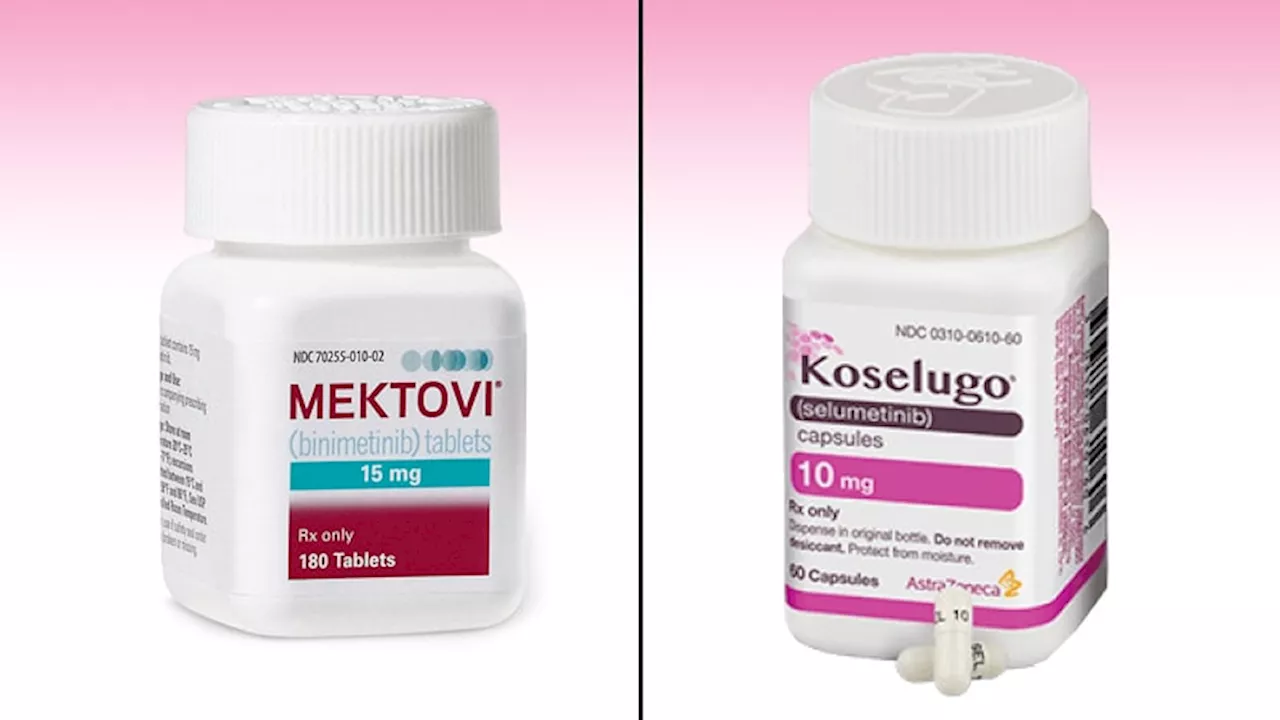Hopes of a bright new future in stroke risk management in AF were dashed when asundexian failed against apixaban in the OCEANIC-AF trial, but is the concept of factor XI inhibition over? Experts discuss.
with the promise of a reduction in thrombotic risk without a significant increase in bleeding. The early phase 2 data were encouraging, and the trials in orthopedic patients looked good., trial comparing the novel factor XI inhibitor asundexian vs the direct-acting oral anticoagulant apixaban in patients with atrial fibrillation was stopped early for futility.
Coupled with a projected increase in the prevalence of atrial fibrillation and in the incidence of stroke over the next 20 years, “the opportunity is huge,” he said. This, he explained, is because factor XI is primarily involved with hemostatic thrombus formation via the tissue factor pathway but is not involved to a significant degree in the development of pathologic thrombi.
The patients who took asundexian had a several-fold higher risk for ischemic stroke. “The entire reason we give these medications is to prevent ischemic stroke, so…at least at this dose, in this population, the medication cannot effectively achieve its therapeutic goal.” Gragnano said the finding is “interesting,” although “it is not really clear why this should be the case.” From a biologic perspective, he added, “it is difficult to explain.”
AF Afib A-Fib Afib Afib Atrial Fib Atrial Fibrillation (AF) Atrial Fibrillation (A-Fib) Anticoagulation Therapy Anticoagulant Anticoagulation Thromboembolism Stroke Cerebrovascular Accident CVA Cerebrovascular Accident (CVA) Clinical Research Clinical Trials Clinical Studies Pre-Clinical Trial Double-Blind Study Double-Blind Studies Single-Blind Study
United States Latest News, United States Headlines
Similar News:You can also read news stories similar to this one that we have collected from other news sources.
 In IBD Patients, No Increased Risk for MACE Seen for JAK Inhibitors Vs Anti-TNFPatients with IBD don’t face an increased risk for major adverse cardiovascular events when taking Janus kinase inhibitors compared with anti-TNF agents.
In IBD Patients, No Increased Risk for MACE Seen for JAK Inhibitors Vs Anti-TNFPatients with IBD don’t face an increased risk for major adverse cardiovascular events when taking Janus kinase inhibitors compared with anti-TNF agents.
Read more »
 Study Compares Cutaneous Toxicities of Two MEK Inhibitors in ChildrenDermatologic adverse events affected 97.8% of pediatric patients on MEK inhibitors, in a small retrospective single-center study.
Study Compares Cutaneous Toxicities of Two MEK Inhibitors in ChildrenDermatologic adverse events affected 97.8% of pediatric patients on MEK inhibitors, in a small retrospective single-center study.
Read more »
 Checkpoint Inhibitors Seem Safe in Autoimmune DiseaseLarge database study finds no increase in mortality, although other endpoints haven’t yet been reported, and the findings might not apply to those with active disease.
Checkpoint Inhibitors Seem Safe in Autoimmune DiseaseLarge database study finds no increase in mortality, although other endpoints haven’t yet been reported, and the findings might not apply to those with active disease.
Read more »
 TNF Inhibitors May Cut Heart Risk in Ankylosing SpondylitisA nationwide observational study found that exposure to TNF inhibitors, but not IL-17 inhibitors, was linked to a lower risk for cardiovascular events in patients with ankylosing spondylitis.
TNF Inhibitors May Cut Heart Risk in Ankylosing SpondylitisA nationwide observational study found that exposure to TNF inhibitors, but not IL-17 inhibitors, was linked to a lower risk for cardiovascular events in patients with ankylosing spondylitis.
Read more »
 PCSK9 Inhibitors Associated With Lower Nonmelanoma Skin Cancer Risk in Cohort StudyPCSK9 inhibitors were associated with a lower risk for nonmelanoma skin cancer in older adults with atherosclerotic cardiovascular disease, in a retrospective cohort study.
PCSK9 Inhibitors Associated With Lower Nonmelanoma Skin Cancer Risk in Cohort StudyPCSK9 inhibitors were associated with a lower risk for nonmelanoma skin cancer in older adults with atherosclerotic cardiovascular disease, in a retrospective cohort study.
Read more »
 Hidradenitis Suppurativa: Drug Survival Rates in Pediatric Patients ComparedThe analysis, which compared two tumor necrosis factor inhibitors, is believed to be the first of its kind.
Hidradenitis Suppurativa: Drug Survival Rates in Pediatric Patients ComparedThe analysis, which compared two tumor necrosis factor inhibitors, is believed to be the first of its kind.
Read more »
